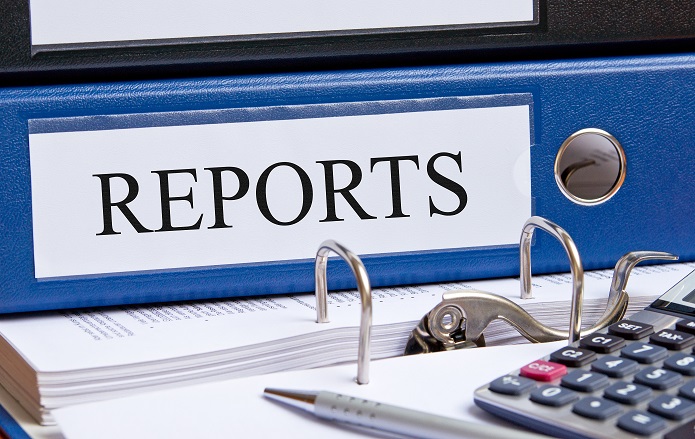

Knowing the specifics of the Japanese market is vital for any project to succeed. This month in “Special Focus”, we focus on Environment. Information on the related sub-topics, latest reports, and webinars on this topic are available on the following links.
 | Topics: Japan's pollution levels in air and water have been decreasing consistently and for the first time ever, the share of renewable energies in the total energy production has reached over 15%. However, there are new challenges and global threats that the country has to deal with. Cleaning up the Fukushima nuclear disaster of March 2011 remains one of the biggest tasks – though large areas have been cleared from contaminated soil, the municipalities struggle to convince people to move back. To read more, please click on the link below: |
Japanese recycling policy is largely administered at the municipal level, and Japanese local government often possesses the latest in recycling technology. Japanese waste differs significantly from European waste. Some recycling companies use a “holistic method”, integrating the disposal of large electronics and white goods into their factory production line, partially in order to remove superficial features and reduce inputs. To find out more, please see below: | |
 | Publications: Marine pollution from plastic waste is a growing concern that is attracting more and more attention. Japan is a world leader producer and consumer of plastic and disposable products, and its shores are sensitive to marine pollution. Recently, the country shared its conviction that marine pollution is not a problem that can be solved by one country alone but requires international collaboration. This report titled "The Japanese market of single-use plastic products and potential substitutes" analyses the Japanese market of single-use plastic products and potential substitutes, with the aim of identifying opportunities for innovative European SMEs offering alternative solutions. As a first step, the report considers the international context affecting Japan. The second section of this report focuses on disposable plastic products specifically targeted by the new European rules in Japan.Finally, the report provides an overview of potential business opportunities and makes recommendations for European SMEs. To access the report, please click below: Report: The Japanese market of single-use plastic products and potential substitutes |
The Japanese waste market is a mature market but it is still in evolution due to environmental, economic, social and political circumstances, domestically and around the world. Resource scarcity and energy dependence call for a circular economy, further exploiting waste as a resource. The overall reduction of waste generation is also one of the main objective. This report titled "Waste Management and Recycling in Japan Opportunities for European Companies" is intended for EU SMEs that consider approaching the Japanese waste market and is meant to give them an overview of this sector as well as recommendations to take advantage of the business opportunities it offers. For further reading, please click below: Report: Waste Management and Recycling in Japan Opportunities for European Companies | |
 | Upcoming Webinar: Circular Economy in Japan - 08 October at 10am The Japanese government has taken significant steps to develop a circular economy policy framework. It incorporates the Japanese concepts of a Sound Material-Cycle Society (SMCS) and the 3Rs (reduce reuse and recycle) to promote waste minimisation and effective utilisation of resources, driven by a concern about the lack of landfill sites and the need for effective resource use. The Japanese government also has a long history of developing waste management legislation to ensure proper waste management and address illegal acts. In light of this, a very finely tuned policy framework for establishing a SMCS and a fundamental plan have been formulated. In parallel, Japanese businesses have developed actions and technologies to respond the SMCS policies. The webinar is targeted to EU companies seeking to collaborate with Japanese business in the area of circular economy. For more information and to register, click below: |
Past Webinar: The Japanese market of single-use plastic products Japan is a world leader producer and consumer of plastic and disposable products. Yet, marine pollution from plastic waste is a growing concern and, after the EU, Japan is actively preparing a new strategy to tackle this issue before welcoming the next G20 in Osaka in 2019. The webinar will introduce the Japanese market of single-use plastic products and potential substitutes, focusing on the items targeted by the EU. We will review the latest development and current situation in Japan, including the political/legislative trends as well as initiatives from the government, business and civil society regarding this topic. Please click on the following link to access the webinar's recording: Webinar 131: The Japanese market of single-use plastic products | |
The EU-Japan Centre currently produces 5 newsletters :










Joint venture established in 1987 by the European Commission (DG GROW) and the Japanese Government (METI) for promoting all forms of industrial, trade and investment cooperation between the EU and Japan.
The EU-Japan Centre’s activities are subject to the allocation of a Grant Agreement by the European Commission for 2024-2026

